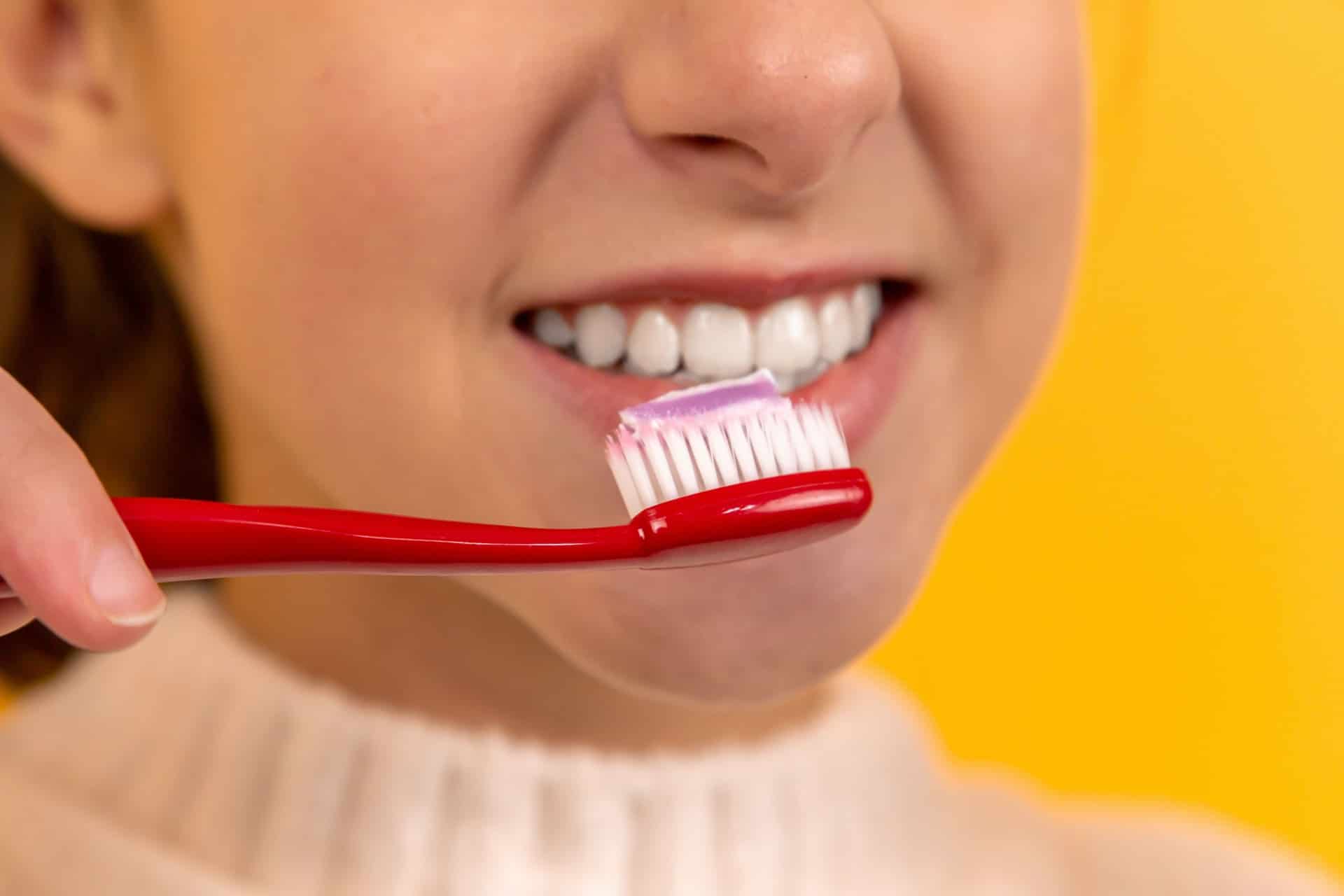
02 Feb When Is Brushing Your Teeth Too Much?
If you’re the kind of person who takes dental hygiene seriously, it’s easy to remember to brush your teeth regularly. However, you might not be aware that damage to the teeth can still occur even with regular care, or that brushing your teeth too much can lead to problems as well. Here at Prescott Dentistry, we’re focused on offering education and tips that will protect your smile. Here’s how to prevent damage from brushing your teeth too often.
Too Much of a Good Thing When Brushing Your Teeth
Regular brushing is often the first change that many people need to make to improve their dental hygiene. Obviously, regular brushing is necessary for your dental health. However, brushing your teeth too hard or more often than necessary can cause damage to your gums and your tooth enamel.
Tooth Abrasion and Erosion
One of the most common types of damage caused by over-brushing is tooth abrasion or damage to the tooth’s enamel that eventually wears it down. When your tooth enamel erodes over time, it leaves the inner pulp (dentin) of your tooth exposed. This can cause sensitivity to stimuli like heat and cold, and leave your teeth vulnerable to decay.
Receding Gums
Excessive brushing can also damage your gum line, causing your gums to recede, or pull away from your teeth. Gum recession makes your teeth look longer, and it also increases the risk of tooth decay. When your gums recede, it exposes the roots of the teeth to bacteria, which leads to gum disease and tooth loss.
Are You Brushing Your Teeth Too Much?
There are several simple, easy steps you can take to prevent over-brushing. First of all, remember that brushing doesn’t require much force. Instead, focus on gently scrubbing the inner and outer surfaces of your teeth, gum line, and tongue thoroughly. Gentle brushing two or three times a day will keep your teeth clean and your gums and enamel healthy.
Next, you should also consider the type of toothbrush and toothpaste you use. A soft-bristled toothbrush won’t cause damage as stiff-bristled brushes can. Also, some kinds of toothpaste, like charcoal toothpaste, are far too abrasive and can damage your gums and tooth enamel. Instead, choose a toothpaste fortified with fluoride to help strengthen your enamel and protect your teeth.
Concerned About Your Dental Health?
Have you been brushing your teeth too much or too roughly? If you believe you’ve caused damage to your gums or enamel, it’s not too late to make a change! Professional assistance from Prescott Dentistry’s expert staff can help you protect your teeth and repair any damage to your smile. Contact us at 928-445-1660 to schedule an appointment today.
Photo by Diana Polekhina on Unsplash.



